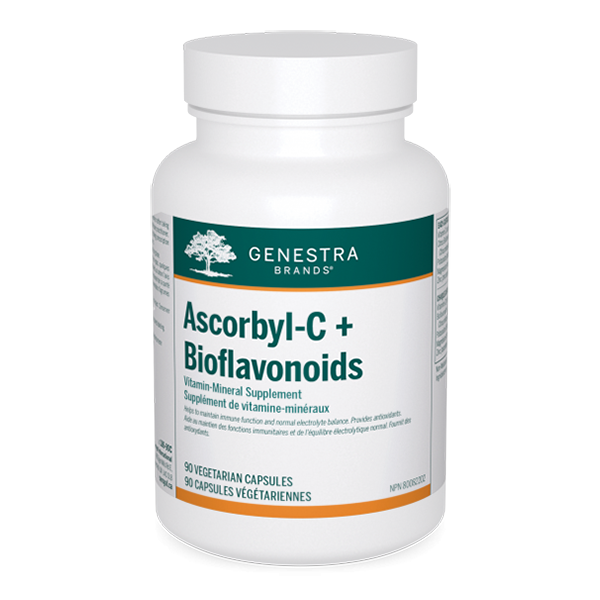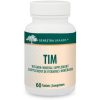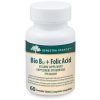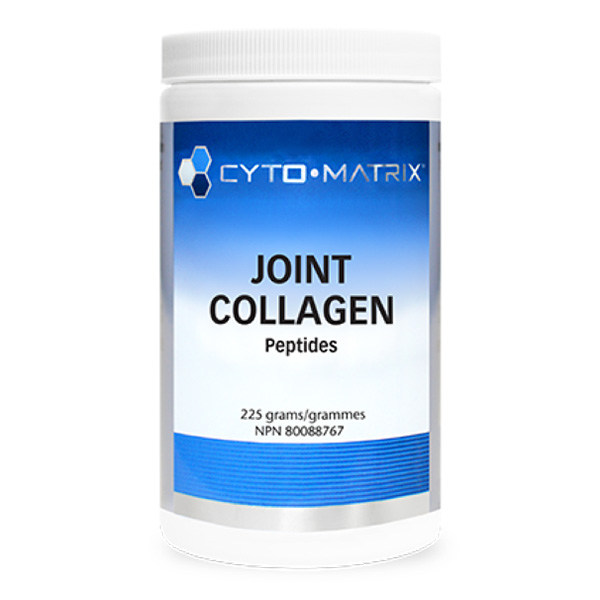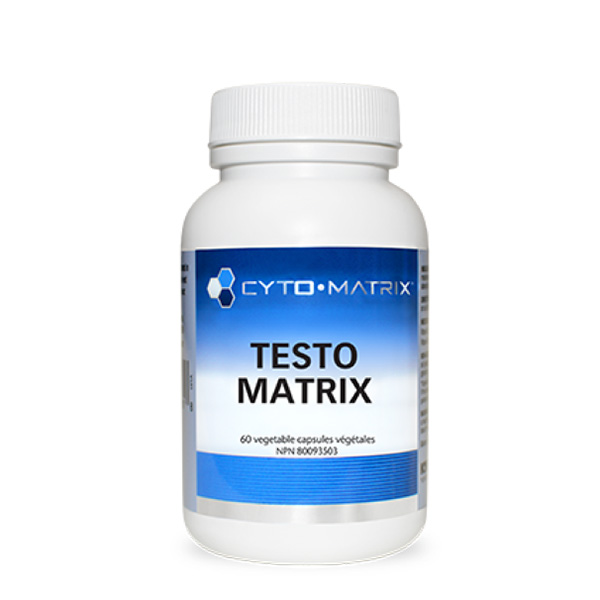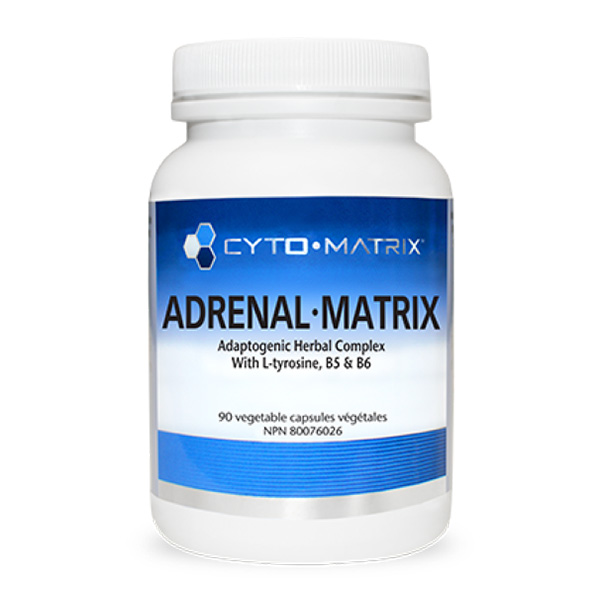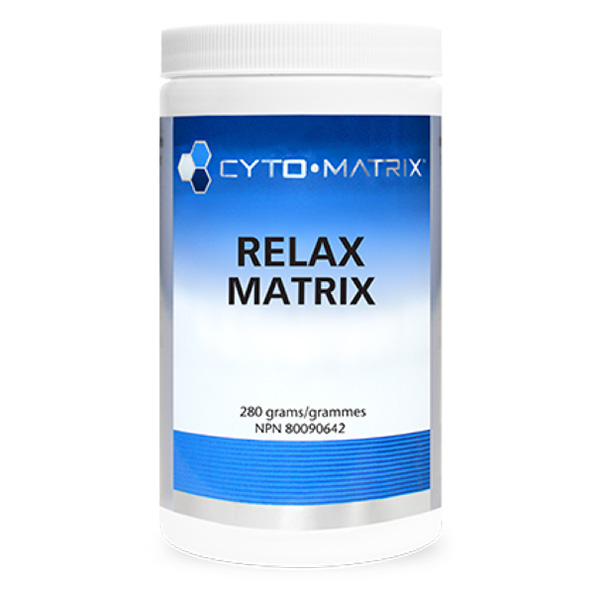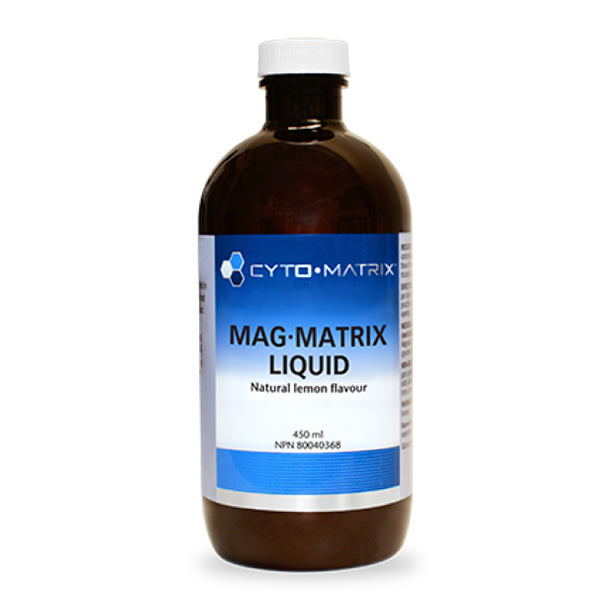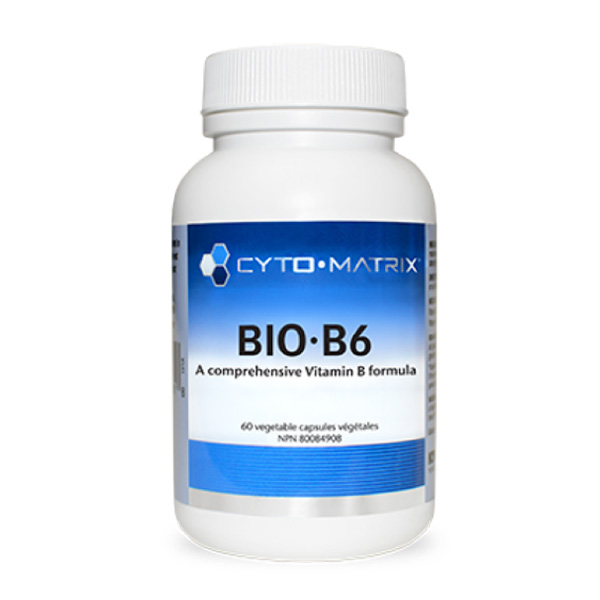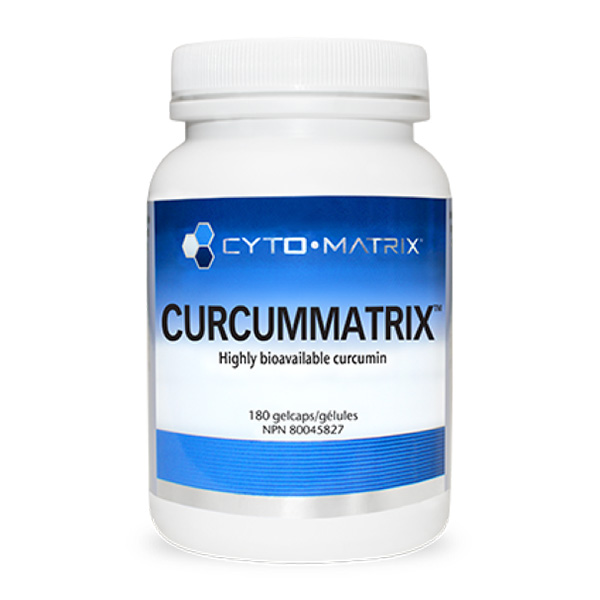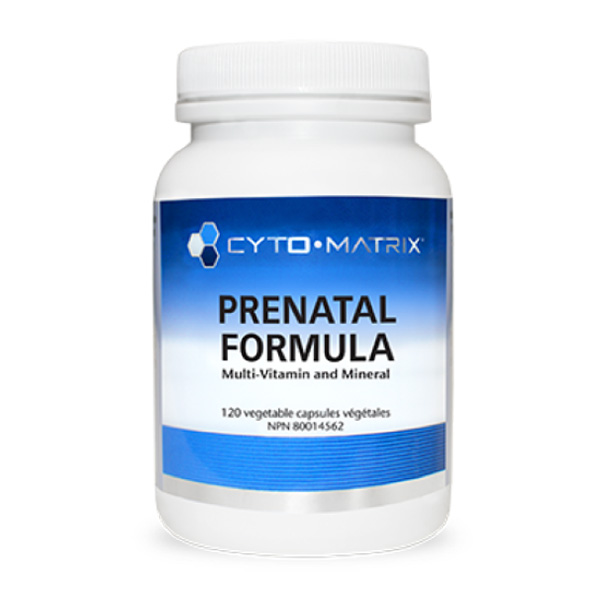Genestra – Ascorbyl-C + Bioflavonoids
$44.75
![]() Dairy Free
Dairy Free ![]() Gluten Free
Gluten Free ![]() GMO Free
GMO Free ![]() Vegan
Vegan
- Includes ascorbyl palmitate, a lipid-soluble form of vitamin C
- Buffered with mineral ascorbates for individuals sensitive to ascorbic acid
- Provides an antioxidant that decreases the adverse effects of free radicals on normal physiological functions
- Helps to maintain immune and proper muscle function, including the heart muscle
- Offers 600 mg of vitamin C and 60 mg of citrus bioflavonoids per day
- Provides 24.9 mg zinc, 24.9 mg magnesium and 37.5 mg potassium per day
Ascorbyl-C + Bioflavonoids offers an excellent source of vitamin C in both lipid- and water-soluble forms, plus citrus bioflavonoids. Vitamin C is one of the most important dietary antioxidants, and helps to reduce free radicals and lipid oxidation in body tissues.1 Although normally only water-soluble, this formula provides vitamin C from ascorbyl palmitate, a bioavailable lipid-soluble form shown in preclinical research to cross the blood-brain barrier and scavenge free radicals in the brain.2-4 Magnesium, potassium and zinc ascorbates are also included to buffer vitamin C. As this neutral pH form of vitamin C is gentler on the stomach, it may reduce the potential gastric irritation associated with ascorbic acid – making it ideal for sensitive individuals.5 Zinc helps to maintain immune function along with vitamin C, while magnesium helps to maintain electrolyte balance and proper muscle function, including the heart muscle. As many Canadian adults may not consume the recommended level of vitamin C and these essential minerals, Ascorbyl-C + Bioflavonoids can help contribute to their recommended dietary intakes.6 Citrus bioflavonoids are also included to provide additional antioxidants, and have been shown in preclinical studies to increase the bioavailability of vitamin C.7
References 1. Combs, GF. (2012). Vita Pokorski, M, Gonet, B. Physiol Res. 2004; 53(3): 311-6. 2. Pokorski, M, Marczak, M, Dymecka, A, Suchocki, P. J Biomed Sci. 2003; 10(2): 193-8. 3. Pokorski, M, Marczak, M. J Physiol Pharmacol. 2005; 56 Suppl 4: 197-201. 4. Combs, GF. (2012). Vitamin C. In (4th ed), The Vitamins (pp. 233-259). USA: Elsevier. 5. Hathcock, JN. Am J Clin Nutr. 1997; 66(2): 427-37. 6. Health Canada. (2012). Do Canadian Adults Meet their Nutrient Requirements through Food Intake Alone?. Retrieved from https://www.canada.ca/content/dam/hc-sc/migration/hc-sc/fn-an/alt_formats/pdf/surveill/nutrition/commun/art-nutr-adult-eng.pdf 7. Carr, AC, Vissers, MC. Nutrients. 2013; 5(11): 4284-304.
Download Product Information
| Weight | 0.1 kg |
|---|

